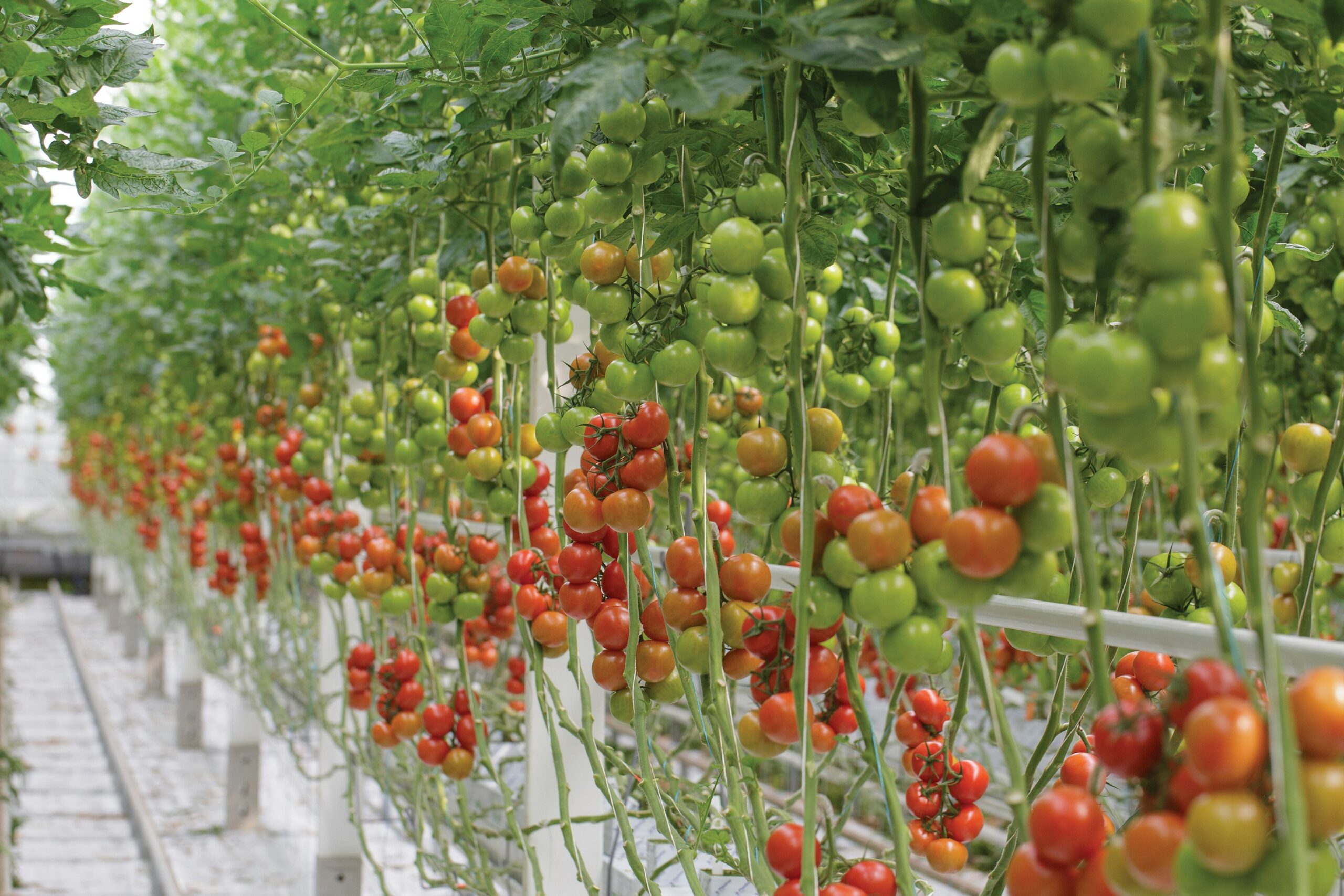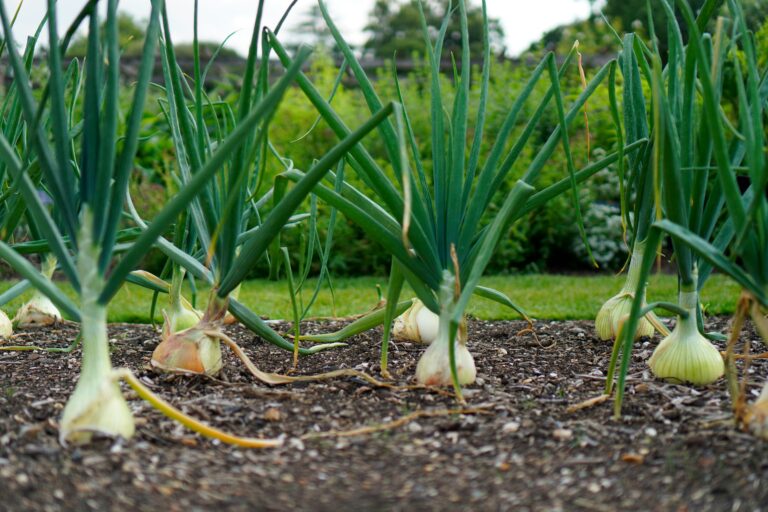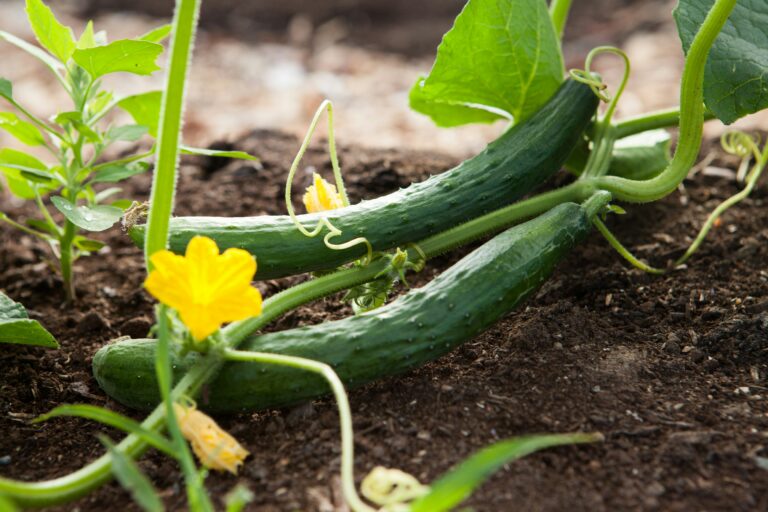Tomatoes are a versatile vegetable that are popular all over the world. There are many types of tomatoes, including cherry tomatoes, beefsteak tomatoes, Roma tomatoes, and heirloom varieties. Each type has its own unique characteristics, such as size, color, flavor, and growth habit. Tomatoes grow best in warm climates that have plenty of sunlight. Temperatures above 50°F (10°C) are necessary for good growth. To grow healthy tomatoes, it is best to use soil that is well-drained, fertile, and slightly acidic with a pH level of about 6.0 to 6.8. Soil fertility and structure can be improved by adding organic matter such as compost or chemical fertilizers before planting. Tomatoes should be planted outside only when the risk of frost has passed, which is usually in late spring or early summer, depending on the local climate. Adequate spacing is required to allow proper airflow and sunlight to reach tomato plants, which helps prevent disease. Tomatoes should be planted 24 to 36 inches apart in rows 18 to 36 inches apart, depending on the variety and growth. Water the tomato plant regularly, keeping the soil evenly moist but not waterlogged. Mulching around the base of the plants can help retain soil moisture and suppress weeds. Tomatoes are susceptible to many pests and diseases, including aphids, tomato hornworms, early blight, and powdery mildew. Proper sanitation, crop rotation, and planting resistant varieties can help manage these problems.
Tomatoes are a highly nutritious food that can offer various health benefits when consumed as part of a balanced diet. However, it’s important to consider the potential risks associated with tomatoes for certain individuals. Let’s explore both aspects:
Benefits: Tomatoes are low in calories, but they are rich in essential nutrients such as vitamin C, potassium, folate, and vitamin K. They also contain antioxidants like lycopene, beta-carotene, and vitamin E, which help protect cells from damage. The antioxidants found in tomatoes, particularly lycopene, have been linked to a reduced risk of heart disease. Lycopene may help lower LDL (bad) cholesterol levels and reduce inflammation in the body, both of which are risk factors for heart disease. Some studies suggest that the antioxidants in tomatoes, especially lycopene, may help reduce the risk of certain types of cancer, including prostate, breast, lung, and stomach cancers. Tomatoes contain nutrients like vitamin A and lutein, which are beneficial for eye health. They may help protect against age-related macular degeneration (AMD) and other eye conditions. The vitamin C and other antioxidants in tomatoes can contribute to healthy skin by protecting it from damage caused by UV radiation. They may also promote collagen production, which helps keep the skin firm and youthful-looking. Tomatoes are a good source of fiber, which aids digestion and helps prevent constipation. They also contain potassium and citric acid compounds, which may support healthy digestion and kidney function.
Harms: Some individuals may experience gastrointestinal discomfort or acid reflux after consuming tomatoes, particularly if they have a sensitive stomach or gastroesophageal reflux disease (GERD). Tomatoes are acidic in nature, which can exacerbate symptoms in susceptible individuals. While rare, some people may be allergic to tomatoes or develop allergic reactions after consuming them. Symptoms may include skin rash, itching, swelling, or difficulty breathing. Tomatoes belong to the nightshade family, along with potatoes, peppers, and eggplants. Some individuals may be sensitive to compounds found in nightshade plants, which can cause inflammation or exacerbate existing inflammatory conditions like arthritis. Conventionally grown tomatoes may contain pesticide residues, which can pose health risks if consumed in excess. Choosing organic or locally grown tomatoes whenever possible can help reduce exposure to pesticides.





